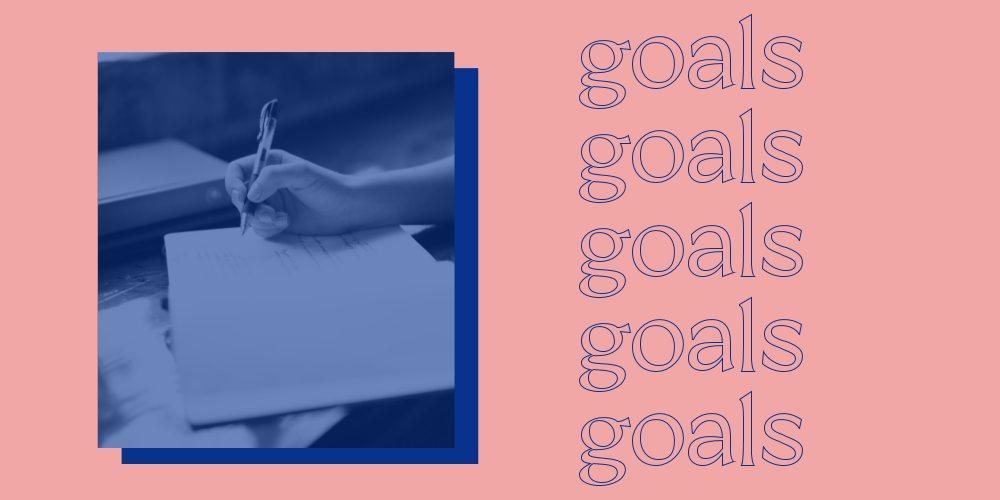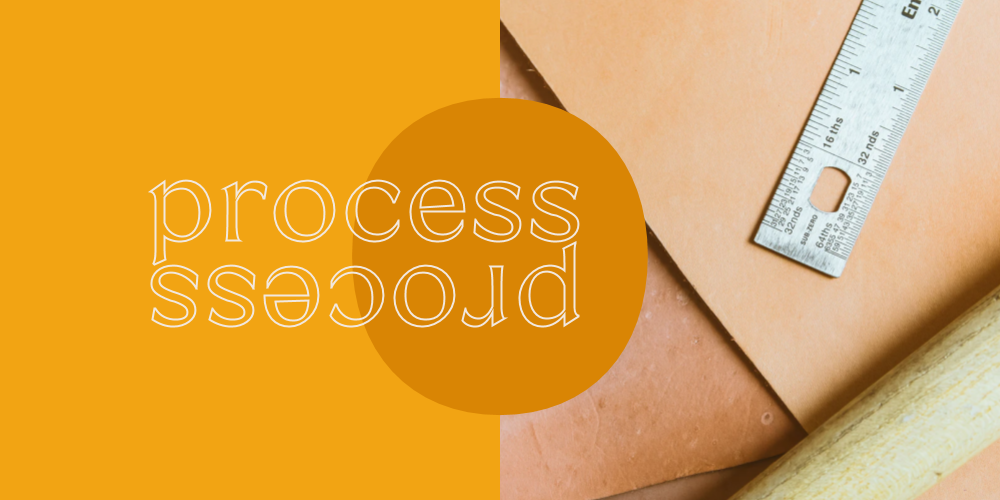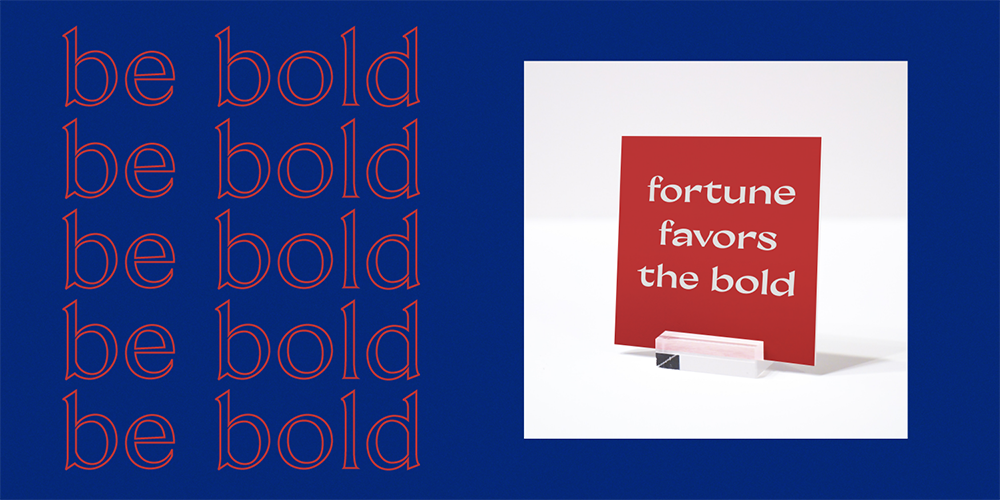
Want to build creative skills? Better put in the reps.
Don’t wait for the perfect idea to manifest. If you work in creative industries such as design or advertising, motivate your team to create often. When it comes to improving creative skills quantity is better than quality.
There are tons of inspirational quotes and info out there on the best ways to become good at anything. 10,000 hours. Blog everyday. Practice makes perfect. I could go on and on. The one common thread throughout is the more you do something the better, easier, faster it becomes. Creative work is no different. Where a lot of self-help and productivity folks focus on is time. The more time you put in the work the closer you can get to mastery. The problem with time is that it isn’t the best metric for measuring output. Like exercise, you see the most progress is with repetition.
“In fact, researchers have settled on what they believe is the magic number for true expertise: ten thousand hours.” ― Malcolm Gladwell, Outliers
The paradox of time on skill development
Malcolm Gladwell may have popularized the idea that when you put the time in you can achieve mastery. This has helped a lot of people, yet, I’d argue that time is not a helpful way to gauge mastery of a skill. Simply put, people work differently. In a creative agency setting, billable hours are the foundational metric for the work. You might think that the quicker you are at producing the work the better you are by these standards. By the Gladwell metric, those that put more time in (taking longer to craft an idea) are closer to mastery. Though no two creative people work at the same rate. When presented side-by-side, we cannot measure the quality of the idea by the time it took. What takes one creative person 5 hours takes another 10 hours to arrive at similar concepts.
By comparison, many Creative Directors will ask for as many ideas as possible. It’s common to hear of Art Directors or Copywriters presenting, let’s say, five ideas to their Creative Director. The Creative Director may think one idea is great, yet, will still send the creative team back to brainstorm several more. This isn’t some kind of cruel joke. Creative Directors know that the best ideas aren’t the first ones, but the ones that come after many attempts — many repetitions.
“It’s not the quest to achieve one perfect goal that makes you better, it’s the skills you develop from doing a volume of work.” — James Clear, Atomic Habits
Repetitions produce results
In his book, Atomic Habits, James Clear talks about the consistent repetition of work sees more progress than perfectionism. He provides an example where a photography professor at the University of Florida divided the classroom into two groups.
The first group would be the “quantity group”. Where students are graded on the number of photos submitted. An A is awarded for producing 100 photos, a B for ninety photos, a C for eighty photos and so on. The second group would be the “quality group”. This group is graded on the quality or excellence of the work. Only one photo is needed, yet, that photo would have to be perfect to earn an A.
The results?
By and large, the best photos produced were created by the quantity group. They were constantly producing and experimenting with different methods. That information was reinforcing successes and driving more learning opportunities. Whereby the quality group was consumed with thinking about perfection that they didn’t hone their skills. Their thoughts about perfection were not verified through experimenting.
It’s easy to get lost in thinking about the idea. We can zero in on figuring out the best approach that we don’t get the opportunity to try it out or produce it. Both groups in the photography class spent considerable time on the work. Though it was those that put in the reps, that produced the most, that saw the most progress. Time alone does not result in creative progress. The creative process, the consistent act of making ideas happen, is what improves creative skills.
Put in the work
No matter the industry or field, you can grow creative skills by developing a system for putting in the reps. When you put in consistent work and learn from your mistakes — progress manifests.
At work developing routines that promote experimentation will result in better informed and more unique innovations.
For the hobbyist set your goals, not for time spent, but the amount produced no matter what. For example, if you’re a writer set a goal to complete an article three times per week no matter what. Some might go viral, some might be forgotten. But you’ll never understand what is working until you get something out there.
Get practical tips for the creative process straight to your inbox.

